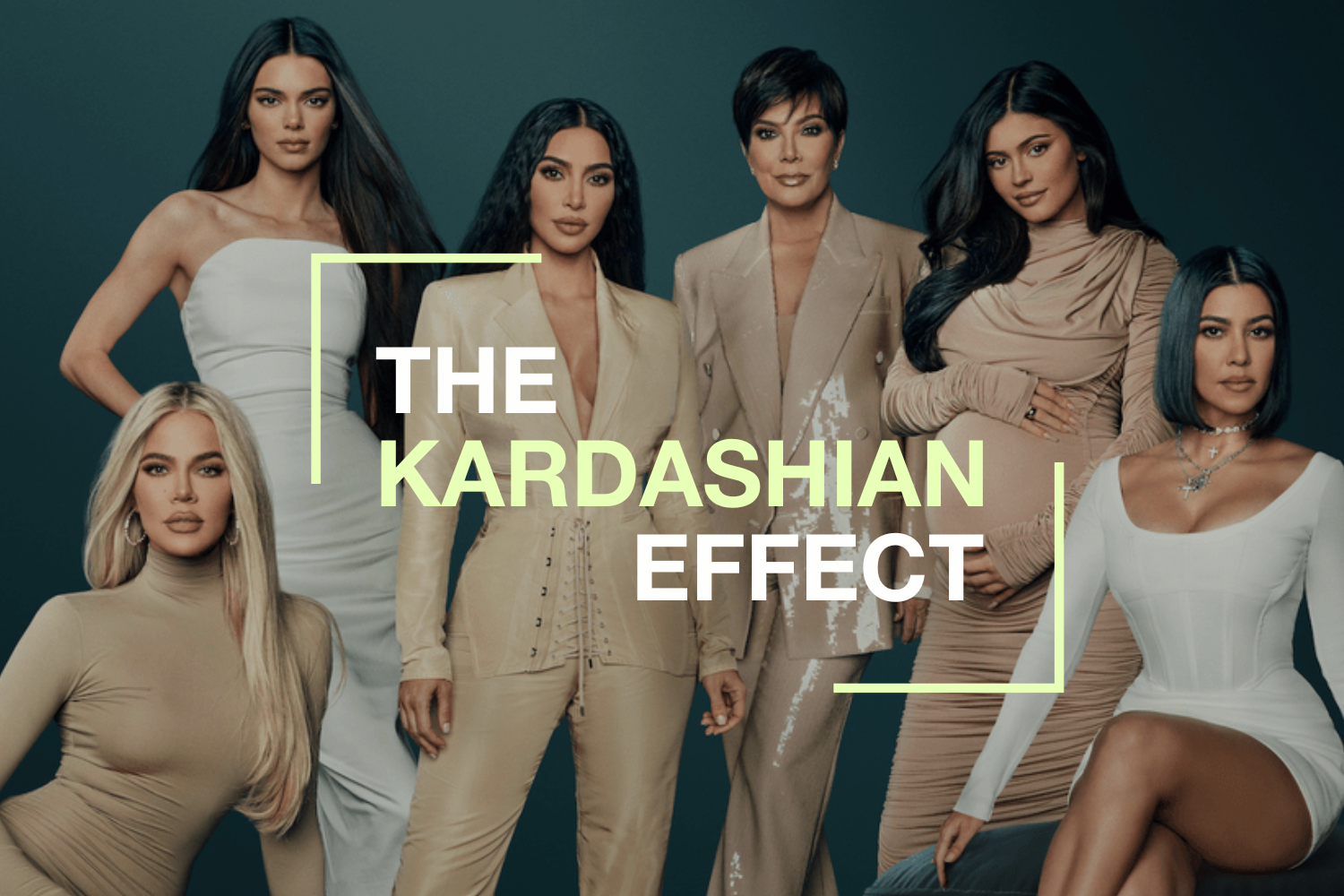BY ERNEST OSOGBUE
I was channel surfing my television; using remote control to flip from channel to channel, when I stumbled on what was a music awards ceremony. At that very moment, I heard the announcement of TG Omori as winner of an award. Accompanied by applause, a man I later discovered was TG Omori, swaggered to the podium to pick up the award.
I was shocked however, when after collecting the award from the presenter and before making his acceptance remarks, Omori turned, and beckoned to the television cameraman with the words, “Cameraman, focus on me, let them see my outfit. Show it, let them see me, I want it to trend very well.”
I was left aghast, and quickly continued my channel surfing. The image of TG Omori, showing off his outfit, rather than appreciating the value of having excelled amongst his peers and deserving honor amongst equals, left me baffled.
Some time ago, the attitude of showing off or bragging in our society became so rampant that it prompted legendary singer Baba Fryo, to pen two hit songs mocking the habit; Denge Pose and Notice Me. In life generally though, the tendency to show off, is natural, with some more guilty than others. In recent years however, the coming on stream of the American television show: Keeping Up With the Kardashians, has given more impetus to those who desire to show-off.
Since the program first aired in 2007, the Kardashians have paraded frivolities, like their plastic surgery enhanced bodies, exotic lifestyle, expensive shoes, designer handbags and material possessions like cars and yachts for the world to see. Viewers of the show now believe it is proper to advertise anything you own, or do to the entire world. As of today, Kim Kardashian; the most prominent member of the Kardashian clan, remains one of the most popular brands in the world. She has become a standard for young women who believe that living like her is the ultimate achievement. In Nigeria, women copy her glamor, and several imitations of the Kardashian show, now air on different television channels.
One cannot also discount the impact of social media in this regard, where a post going viral confers a seal of approval on the author. This has given rise to all forms of frivolities flooding the social media space, as everyone wants to trend. Being popular is now an occupation, as people measure your value by how many followers you have on social media platforms.
As stated earlier, the impulse to gloat is not new, if we recall the incidence of I pass my neighbor, which came into effect as citizens tried to augment the power shortfall, due to the failures of the defunct National Electric Power Authority, NEPA. The acquisition of the 1KVA generator set, in low income neighborhoods, was seen as a step up. While the set could power only a few household items, its owner had bragging rights in an environment where there was total blackout.
It is now evident that Nigerian’s are more interested in bragging rights, than in the value of their actions. People now buy cars they do not need, build houses they will not live in, and buy clothes they will not wear, simply to show off their wealth, and trend on social media. Musicians sing meaningless songs, and create nonsensical dance steps, just so they can go viral.
Unknown to many however, this attitude is actually driven by poverty mentality. As the Nobel Laureate Wole Soyinka once said, “A tiger does not need to proclaim its tigritude.” It follows therefore, that when people begin to proclaim their wealth on social media as has become the norm, they are inadvertently showing how poor they actually are. The maxim “let your work speak,” and “do not blow your own trumpet,” have been thrown in the dustbin, as people now shout mundane achievements at the rooftops.
In a world where people want to become overnight millionaires and instant successes, patiently nurturing good ideas to fruition has given way so frivolities can trend. This is the web into which Nigeria suddenly finds herself, a world where instead of pursuing development ideas, citizens are more interested in how many clicks their posts can generate.
Nigerians now bury their mothers with 300 cows, with regular activities like dancing, shopping, outing with friends, and having dinner, reduced to spectacles of social media frenzy. Our television screens are filled with reality shows depicting the lifestyles of arrivistes, who capture the impressionable minds of our youths and steer them wrongly. As we indulge in this social media craze, the real issues of national development are kept in limbo, while our best brains prefer to japa to other lands whose citizens have labored to lay a better foundation.
Taking Soyinka’s quote into cognizance; really rich people have no need to display their wealth, instead, they rather pretend to have nothing. This means that behind the tendency to show off, is a cry for acceptance and public validation, which psychologists say is a personality disorder. The high level poverty in the land has resulted in the erroneous belief that wealth solves all of one’s problems. We seem to have forgotten the title of a once popular Mexican soap opera: The Rich Also Cry. The American singer Akon in an interview recently, said he was actually happier when he was poor. While Akon’s statement is still up for debate, it is however a reminder that not all that glitters is gold. It is therefore important to understand that seeking to make a viral post when our country is collapsing around our ears is definitely not the way to development. We need to sit down and generate ideas aimed at solving our nation’s problems, and put her on the road to greatness. In the meantime however, someone should inform TG Omori that no one is interested in his outfit, he should rather invest his energies in the craft that won him an award, rather than seeking public validation with his rumpled clothes









